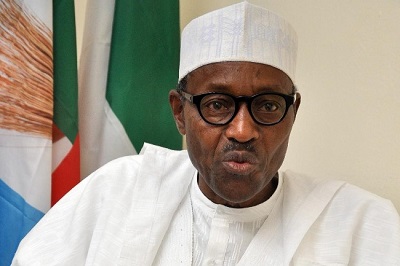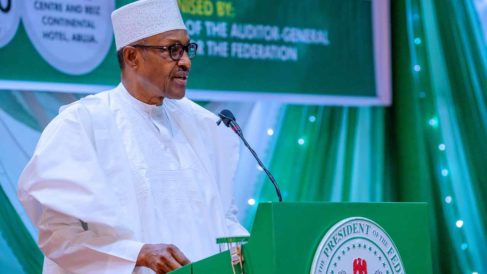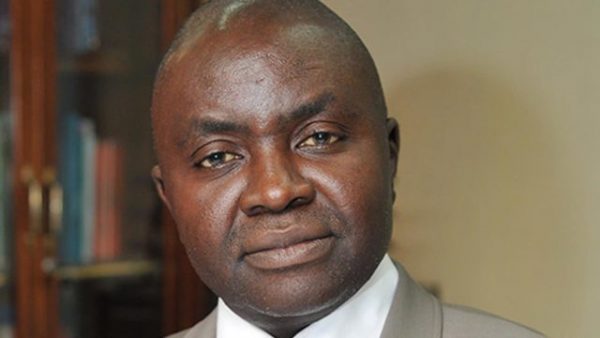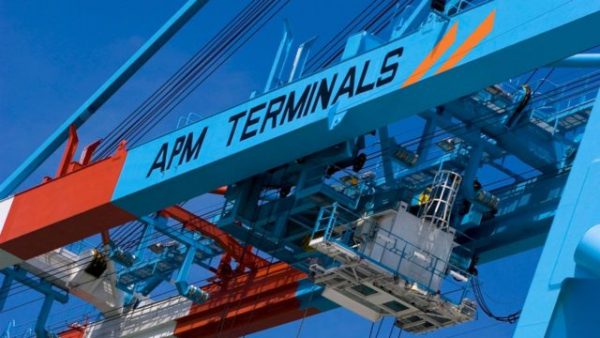Ship Finance: Stakeholders Canvass Groupings, JVs As Alternative Sources
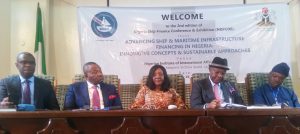
By Kenneth Jukpor
As part of efforts to correct the unfortunate shipping scenario in the country, Nigerian ship owners as well as other stakeholders in the shipping sector have highlighted groupings and joint ventures as alternative sources for ship acquisition.
These options were pointed out at the 2nd edition of the Nigeria Ship Finance Conference and Exhibition (NIFSCOE) which held yesterday in Lagos on the theme, “Advancing Ship & Maritime Infrastructure Financing in Nigeria: Innovative Concepts & Sustainable approaches”.
In his presentation at the conference, Prof. Fabian Ajogwu (SAN) stated that shipping has evolved globally however Nigeria has continued to look at the issues from the traditional standpoint.
Ajogwu argued that ship ownership has gone beyond one man owning and managing vessels to an era where group of individuals/ organizations own vessels and outsource the management to experts in the business.
According to him, Nigerian ship owners need to utilize the power pool system as it would be better they own 5% of a vessel working for any of the International Oil Companies (IOCs) and the Nigerian National Petroleum Corporation (NNPC) than to own several vessels without businesses and the vessels end up making them bankrupt.
Ajogwu said; “You could either have the money to buy the ship or you have to take on debt capital or a hybrid of both equity and debt. Today’s sophisticated shipping and the resources required means that the traditional way of it is obsolete”
“People need to raise funding but a ship isn’t a hotel that you build and expect patronage. Rather, you have to secure the source of repayment upfront by having contracts within the oil and gas sector. It is this stream of cash flow that would enable you repay the debt” he said.
Ajogwu also warned the Nigerian Maritime Administration and Safety Agency (NIMASA) not to disburse the Cabotage Vessel Finance Fund (CVFF) to individual ship owners because the NIMASA doesn’t have the capacity to ensure repayment.
Explaining further he said, “NIMASA doesn’t have to reinvent the will with regards disbursement of CVFF. They should do onward lending to the banks so that they lend to the ship owners. The banks have the wherewithal to do the feasibility study of the projects as well as the business plan. The banks are also in better position to chase after the ship owners to ensure that they are successful and repay the loans”
He also noted that there are some ship building and ship acquisition funds all over the world that Nigeria can benefit from.
“These funds help the European ship builders to sell while it helps us acquire the vessels. We should be able to tap into such opportunities. We have to build companies or funds that own ships. Nigeria isn’t in Mars; we are in a world where some of these processes have been tested so we just have to replicate the initiatives to suit the local environment in the country.” he added.
Meanwhile, he stressed the need to separate assets ownership from operations as most Nigerian ship-owners lack the managerial skills to handle the management aspect of the assets.
Reiterating this point, the Managing Director of PAC Capital Limited, Mr. Christopher Oshiafi noted that British Airways owned less than 10% of the airplanes in its fleet.
Providing another alternative for ship funding, he stated that ship owners could approach Export Credit Agencies (ECA) with the Nigerian Import-Export (NEXIM) Bank and other Pan African banks.
Oshiafi maintained that availability and reliability of cash flow from the project would convince the financiers that the ship owners would be able to repay the debts.
He also admonished the NIMASA to provide assurances to the financing banks to provide the deficits if the revenue from the investment falls below projected expectations as this would enable the financiers become more willing to sponsor ship acquisition.
Speaking from the point of view of ship owners, the President of the Nigerian Indigenous Ship owners Association (NISA) Mr. Aminu Umar described the business environment for ship owners in the country as “extremely challenging”.
He lamented that beyond the obvious challenges of funding; there was also another tasking problem of infrastructure.
“The infrastructure isn’t up to the global best standards and it has posed several safety issues to ship owners. We have ugly experiences as a result of channels that aren’t dredged and there are no tugboats to assist the vessels. The channels aren’t well dredged so vessels encounter accidents and we can’t see the underwater. We only use the chart to see the draft of the water. These are infrastructure challenges and there are no provisions for emergency vessels for incidents offshore Nigeria. These are infrastructure deficits that the government should address” he said.
The convener of NISFCOE, Mrs. Ezinne Azunna in her welcome speech, stated that ships are assets to any nation-for trade and in times of emergency.
She stressed that maritime nations always had to consciously pay attention to funding of the heavy infrastructure available in the maritime sector because of the capacity of the sector to keep the entire nation afloat.
Ezinne expressed optimism that the maritime sector in Nigeria had the capacity to contribute significantly to the nation’s GDP.
“The benefits of developing the sector no doubt outweighs the cost and sacrifices we have to make. It is my pleasure to welcome you all to this second edition of NISFCOE holding today. This is why this year’s theme “Advancing Ship & Maritime Infrastructure Financing in Nigeria: Innovative Concepts & Sustainable Approaches” is apt. Emphases is on churning out funding ideas/opportunities and insights which the sector can leverage on”, she said.




